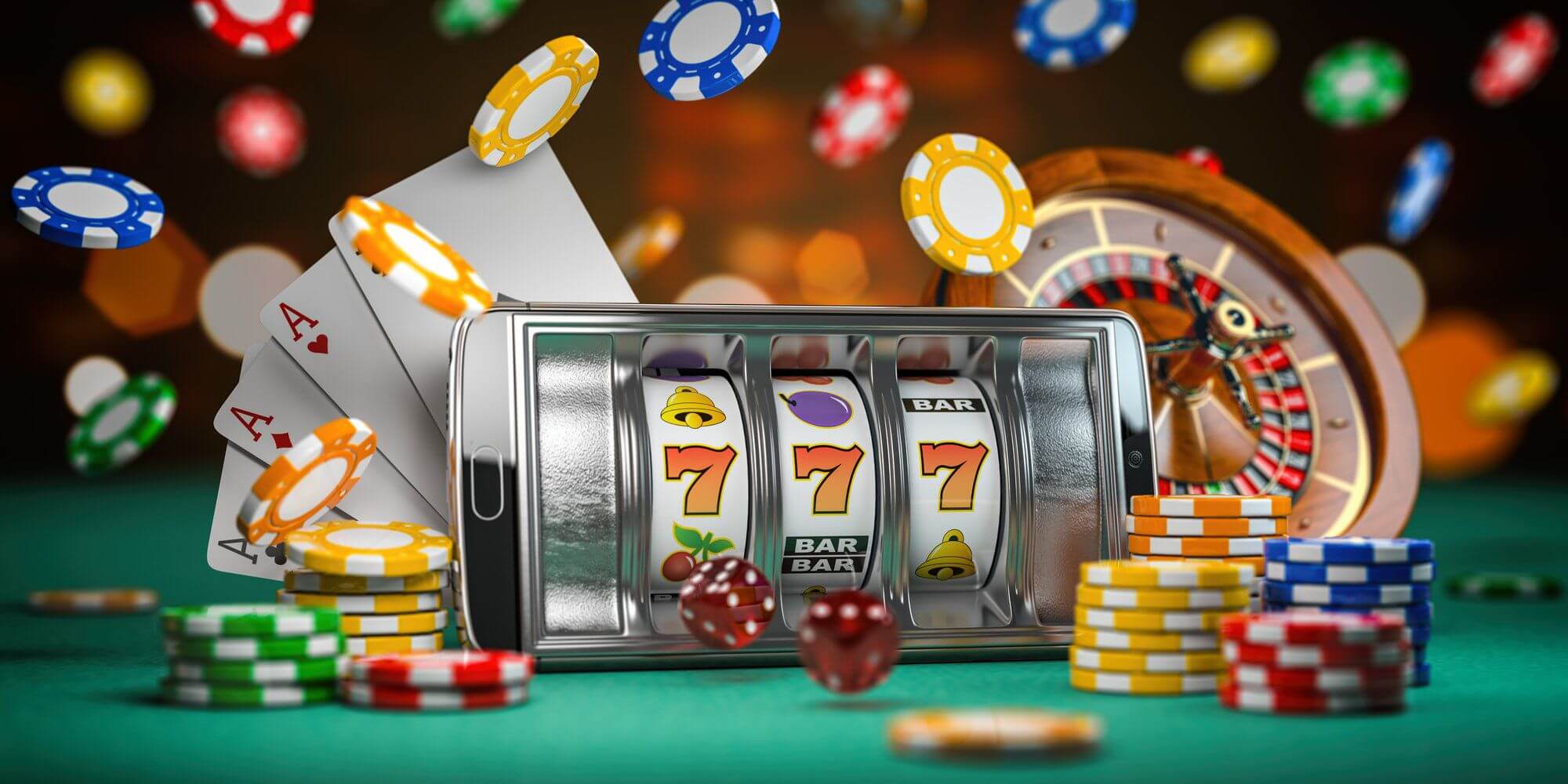
Casino activities have long been linked with the thrill of risk and the adrenaline of luck. Many people enter a casino with the expectation that their success is contingent solely on chance occurrences. However, a deeper examination reveals that these games encompass much more than just the element of luck. Understanding the mechanics, tactics, and human behavior behind casino games can greatly enhance the satisfaction and improve one’s chances of winning.
Aside from the captivating sounds of revolving wheels and rolling dice, casino games involve a diverse array of expertise, methodology, and decision-making. SODO Casino Whether you are engaged in blackjack, poker, or even baccarat, knowing the tactics can significantly influence the result of the game. Moreover, the mindset of the players and understanding the probabilities behind each game can shift the scales of success away from mere fortune. By understanding these dimensions, players can appreciate casino games as a blend of enjoyment and intellectual challenge, transforming their approach from one of idleness to one of active participation.
The Psychological Aspects of Gambling
Grasping the psychology behind gambling reveals that player behavior is motivated by far more than mere luck. The excitement of risk, immediate reinforcement, and a potential for winning large sums can create a intense emotional experience. Many players find themselves captivated by the excitement, which can lead to a cycle of increased betting and risk-taking, often driven by a hopeful hopefulness that colors their views of winning probabilities.
An additional crucial element in the psychology of casino games is an illusion of control. Numerous players feel that their choices, such as the choice of games or betting patterns, can significantly affect the outcome. Such a belief can enhance their engagement and enjoyment, but it also adds to persistent gambling behavior, as players often ignore the role of randomness within the games. The thrill derived from making choices gives players a feeling of involvement, which can be deceptive in terms of grasping the true odds involved.
Moreover, the environment of the casino plays a crucial role in influencing a gambler’s experience. Factors like illumination, sounds, and the presence of other players create a stimulating atmosphere that reinforces the thrill of the game. This carefully designed environment can lead individuals to lose track of time and money spent, as they become enveloped in a sensory experience that heightens their emotional investment. Recognizing these psychological dynamics is essential for understanding why casino games entice players and keep them coming back for more.
Skill vs. Luck in Gambling Games
In the realm of casino games, the debate between expertise and luck is a prominent one. A lot of players are convinced that fortune is the dominant factor, especially in activities like slots where results are determined by chance. However, there are games that evidently showcase the importance of skill, such as poker and 21, where players can utilize tactics and choices that affect their overall results. Understanding the dynamics and nuances of each game can greatly impact a player’s outcome and success.
The role of expertise becomes evident when considering the various strategies available to players. In activities like Texas Hold’em, for example, players must read their opponents, calculate probabilities, and make educated choices based on their hand and the shared cards. This level of strategy demonstrates how proficient players can consistently outperform novices, proving that winning is not solely based on luck but rather on the application of insight and experience. Similarly, in 21, players can use techniques like card counting to gain an advantage over the casino, further showing the significance of expertise.
On the flip side, chance cannot be entirely overlooked in any gambling game. While expertise can enhance a player’s odds of winning, unpredictable results still play a crucial role. Even the most effective tactics can break down due to the random character of draws or spins. This interaction between expertise and chance creates a lively gaming environment where players must adapt and react to random events while also leveraging their skills. Ultimately, successful gambling gaming is a blend of both factors, contributing to the complexity and thrill of the experience.
Tactics for Winning
To triumph in casino games, players must grasp the value of developing a plan designed to the particular title they are participating in. Each game has its specific set of rules, odds, and details that demand a considerate method. For example, in games like blackjack, players can employ techniques such as probability assessment to make more informed decisions and improve their potential of winning. Understanding the likelihoods and rewards associated with every title can enable players to make wiser choices and improve their overall gaming experience.
Bankroll management is an additional vital strategy that cannot be missed. Players should set a spending plan for their gaming sessions and commit to it. This promises that they do not exceed and helps establish a sense of discipline over their play behavior. Deciding in advance how much to bet and when to stop can prevent emotional decisions that can result in big losses. Effective bankroll management permits players to savor gaming without the concern of overextending financially.
In conclusion, gaining insights from play and watching other players can provide beneficial insights. Many successful players dedicate time analyzing not only their personal play but also that of their peers. This analysis can expose various tactics and methods, ultimately leading to better judgments. Conducting self-reflection after gaming sessions helps players identify what was effective and what was ineffective, permitting them to refine their strategies over time. By combining understanding, discipline, and awareness, players can increase their odds of winning in gambling.